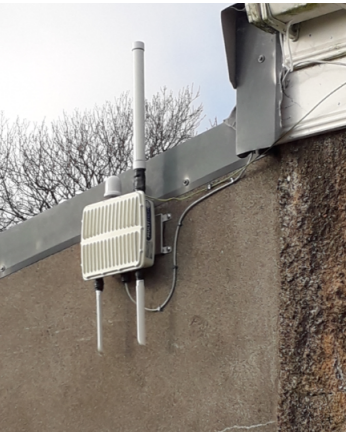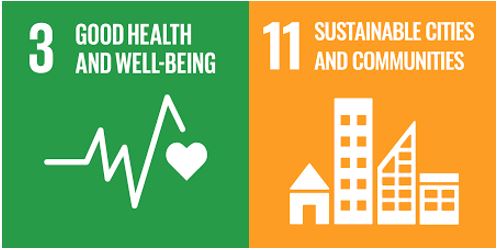Kerry Farm Ambassador Pilot Programme – Dingle Peninsula, Co. Kerry

Funded by .IE
Funding awarded: €19,000
Maturity: Pilot (now scaled)
Timeframe: Pilot Phase from August 2019 to June 2021
Who:
Who
Dingle Creativity and Innovation Hub, Net Feasa, Teagasc and Kerry AgriBusiness
The Dingle Peninsula is a rural peninsula on the south western seaboard of Ireland, with a population of circa 12,500 residents and includes 120 farms. Farmers in the Dingle peninsula face a wide range of significant challenges including declining income in key areas, an increasing age profile of farmers, rural depopulation, as well as climate change and other environmental issues and the policy responses. To survive and remain competitive, farmers need to increase productivity and efficiency while also complying with increasing environmental regulations.

Objectives:
- To provide local farmers with detailed environmental and farm management information to enable data-driven decision making.
- To measure and improve farms’ carbon efficiency.
- To improve farms’ productivity and efficiency by extending the grazing season and reducing labour required on the farm.
- To assess the feasibility of using Internet of Things (IoT) technologies in farms and their impact on productivity.
What:
The Kerry Farm Ambassador Pilot Programme collected environmental and farm management data using sensors and management apps on six pilot farms. The data collected includes soil moisture (depths at 10cm and 20cm), milk levels, slurry levels, oil/ diesel level measurements, along with weather sensor data on wind speed (m/s), wind direction, temperature (°C), precipitation (mm) and air pressure (kPa). Net Feasa installed and maintained the sensors and communications equipment; data was stored and made available to the partners via a cloud platform. Even though end-users did not typically access real-time, Net Feasa produced monthly data presentations for the farmers to provide insights.
Why:
Dairy farming is responsible for a substantial percentage of greenhouse gas emissions. Dairy processing can also be a major contributor to water and soil pollution if manure and feed crop production are not managed properly. Better management practices with the support of IoT technologies may reduce the environmental impact of dairy farming. However, technology adoption is still low and a number of unanswered questions still remain about both the technical viability and the commercial feasibility of large-scale implementation of these technologies. The Farm Ambassador Project enables farmers to make decisions on farm management based on data and provides the opportunity to ascertain the viability of a range of IoT technologies and investigate their commercial potential.
